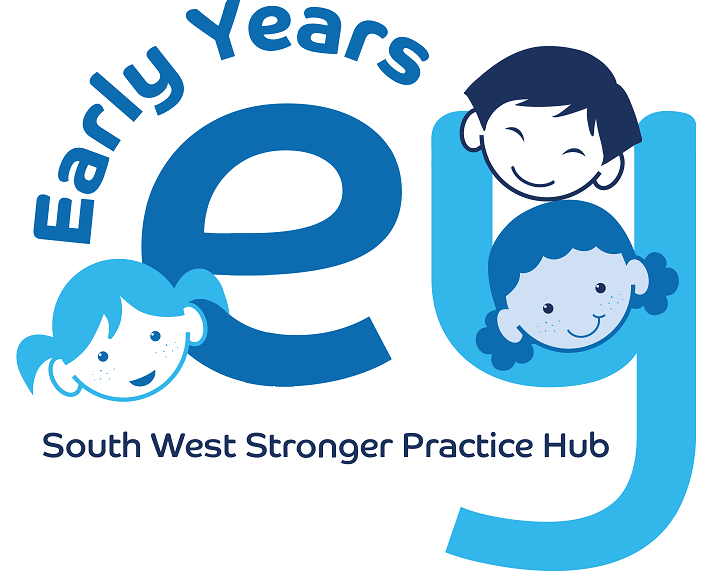It’s a bit like … “Growing a sunflower to bring to school!”
Getting children ready - This is such a challenge when working in a setting and trying to fulfil all the expectations that we feel are on us. Recently, I have spoken to many settings who are worried about those who are going up to school in September. We know that they should be “school ready”, and fear that schools may think that we have not done our job properly if the children are not. (This is not to say that schools are always thinking this, but we may fear it). Foundation stage teachers are also feeling pressure to get started at the level they have been told children should be at when they arrive.
But we all know that each child develops at their own rate, depending on their unique abilities, their home environment and what they are ready to do.
It’s a bit like…. sunflowers
Imagine all foundation classes have been told they have to teach children about sunflowers, using the fully grown flower that each child brings in when they start at school.
Some children have managed to grow their sunflower in the pot, and it has got tall and has flowers. They will be fine, ready to do all the activities and learn the skills they will be taught next. These children are school ready.
Some children will have grown their sunflower but on their “journey” to school something happens to them, and they trip and drop it and come in with their flower in pieces. They will be upset and not ready to learn.
Some children will plant their sunflower late, because they were born in the summer, and have not lived long enough for it to grow in time. These are the Summer born children, who may only have just turned four. They cannot be expected to be ready. They are doing their best but need more time.
Some children plant the flower late, and it grows very slowly, so if they had longer, they would be ready. These are the children who are delayed, so when they get to school, they can’t yet join in at the level being taught.
Some children try to plant their own flower but at home nobody helps them to water it, or they may not have been able to find a proper pot, so they arrive at school with half a leaf in a broken ice cream tub. These are the children whose home life has not been able to give them the start and support they needed, they need help to get going and may not yet be ready to do what the class is doing, even though they are capable of it.
And there will be some children who don’t have the skills, e.g. fine motor, planning, understanding to listen and plant the flower by themselves. They will arrive at school with no plant yet and need so much support to do it. These are the children who have specific difficulties in one or more areas, and yet staff are still expected to teach them starting from the same place as everyone else.
So…. We can know it is the right thing, to allow each child to do their journey at their own time, with the support they need from us. It is not our fault if they are not ready for whatever the school will be expecting them to do. And for foundation stage staff they are in a difficult position because they can also see that each child needs to start from whatever level they arrive at, but there are pressures to plough on with the expected curriculum anyway. The impact on the children is far reaching, self-esteem, missing out on early stages of learning because they weren’t ready to take it in when it was taught, getting left behind.
There are far more children now who are not ready, for different reasons, not all to do with Covid. Are we all willing to challenge the pressures to make children reach a set level by a set time, and to teach and support each child at their individual point in the journey.
Let’s allow early years settings to able to help each child make their own sunflower grow and thrive at their own pace. Let’s listen to what the EY setting says about each child as they arrive in school, as they know them and their strengths and challenges best.
Instead of making children ready for school, let’s make school ready for the children!
Further resources and reading
